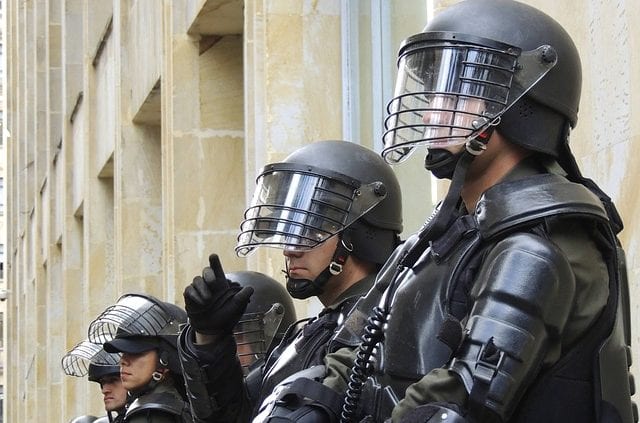
Irish Criminal Law Solicitor – Public Order Offences and Drunk and Disorderly
- Most public order offences in Ireland are prosecuted in the District Court and often relate to incidents involving public drunkenness and disputes involving 2 or more persons ina public place
- The most commonly prosecuted offences in the District Court are section 4 and section 6 of the Public Order Act 1994
- Section 4 usually relates to excessive public drunkenness or intoxication and the maximum sentence is a fine
- Section 6 is more serious in nature and ordinarily involves an element of violence or aggressive behaviour and a fine and/or sentence of imprisonment can be imposed depending on the seriousness of the facts and personal circumstances of the accused person
- In cases in the District Court where a person shows remorse and accepts responsibility for their conduct it may be possible to plead for a sentence which leaves the person without a criminal conviction – important factors which the Court can consider include: (1)Any previous criminal convictions of the accused person (2) Credit is given for a guilty plea and greater credit can be given if the accused pleads guilty at an early stage in the legal proceedings (3) The seriousness of the offence – in some cases the facts will be more serious for example where violence is used or threatened (4) Personal circumstances of the accused person – the Court may take into account matters such as employment, education, addictions, health or family situation when considering what is the appropriate sentence to impose (5) Any special reason in favour of leaving a person without a conviction on their record, for example employment, immigration status or travel
- Certain public order cases such as violent disorder and riot can be heard in the Circuit Court and usually involve incidents of public violence involving 2 or more persons
- A solicitor can advise on criminal litigation where a person has been accused of a criminal offence including attending at police stations and representing a person in the criminal courts to ensure that their rights and interests are protected
- Persons accused of public order offences may be entitled to free legal aid if the person is not working, and also in cases where a person is working but the person does not have sufficient financial resources to pay for their legal costs.
Irish Criminal Law Solicitor in Dublin
